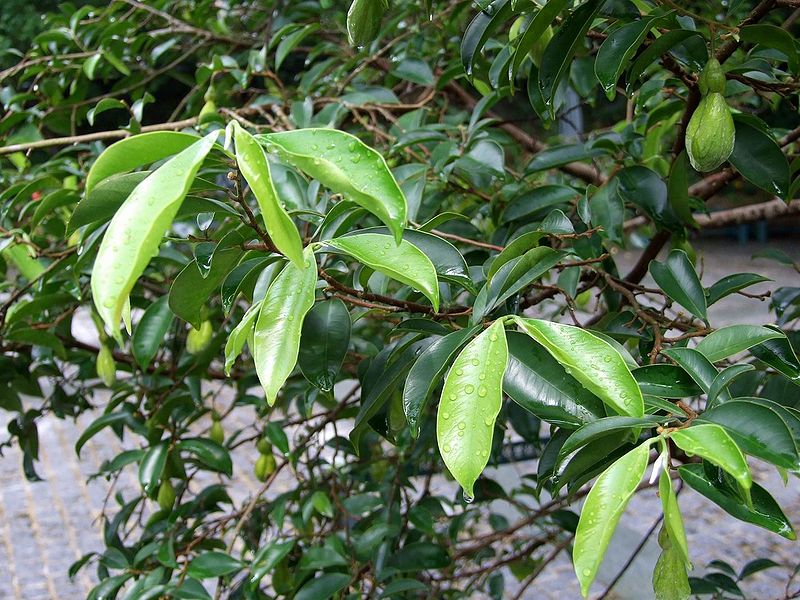With the lack of effective antibiotics rapidly becoming a global issue, research into sourcing potential new antimicrobials from plants is important. Annals of Clinical Microbiology and Antimicrobials has launched an article collection on antimicrobials from plants, highlighting research investigating different plants which have been found to have antimicrobial properties.

The Aquilaria crassna plant, commonly called agarwood and found in South-East Asia, is traditionally used as a treatment for conditions such as diarrhoea and skin diseases. Kamonwannasit and colleagues have discovered that the leaf extract has bacteriocidal properties in vitro against Staphylococcus epidermidis, causing swelling and distortion of bacterial cells, leading to cell wall rupture and inhibited bacterial biofilm formation. Other research articles in this series analyse antimicrobial properties of the lotus flower, natural spices, henna, garlic and ginger.
Whilst there is a desperate need for new effective antimicrobials to be developed, it is also important to understand the mechanisms and epidemiology of the resistant pathogens currently present in the community. A second article collection on antimicrobial resistance: present scenario and future developments showcases the latest research and review articles investigating the current state of antimicrobial resistance worldwide, along with those which examine potential future developments.
A timely review by Bassetti and colleagues summarises the current scenario of global antimicrobial resistance and the new potential antibiotics which are currently being researched. This review  highlights that there are a number of promising antibiotics in development.
highlights that there are a number of promising antibiotics in development.
These new article collections are currently open for unsolicited submissions. If you would like your manuscript to be considered for this collection, please indicate so at the time of submission. For more information on these article series, please visit the journal website or contact editorial@ann-clinmicrob.com.
Latest posts by Jennifer Franklin (see all)
- New thematic series: Structure and mechanism of nanomotors in the cell - 26th September 2014
- Welcoming Victor Garcia-Martinez to the Associate Editorial team - 4th September 2014
- Transcriptional regulation and disease: a new article collection - 28th August 2014
[…] With the lack of effective antibiotics rapidly becoming a global issue, research into sourcing potential new antimicrobials from plants is important. […]